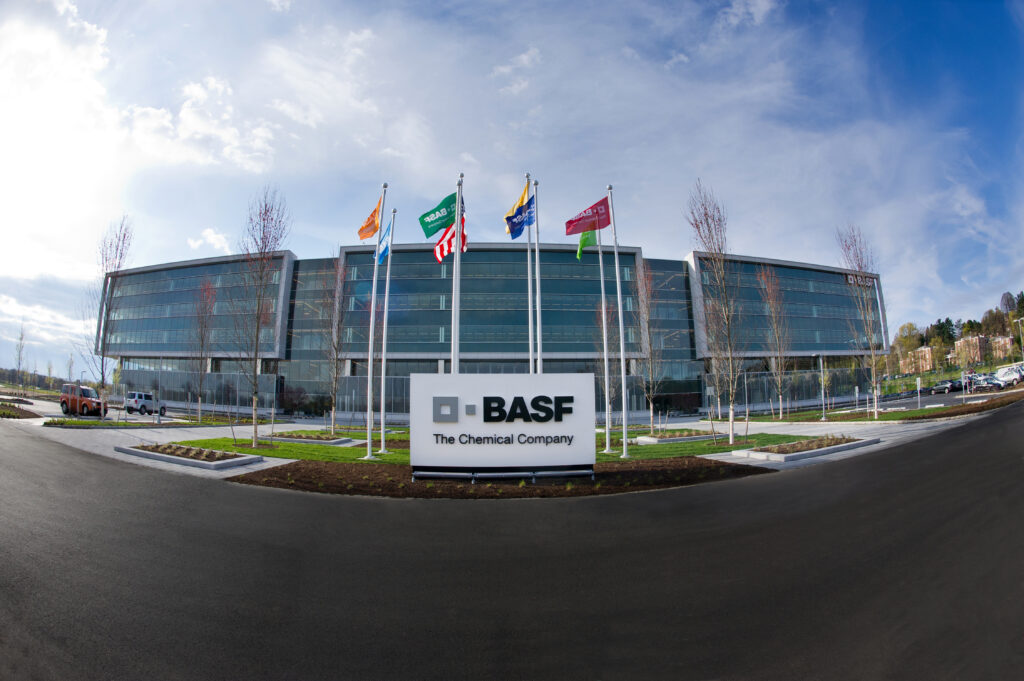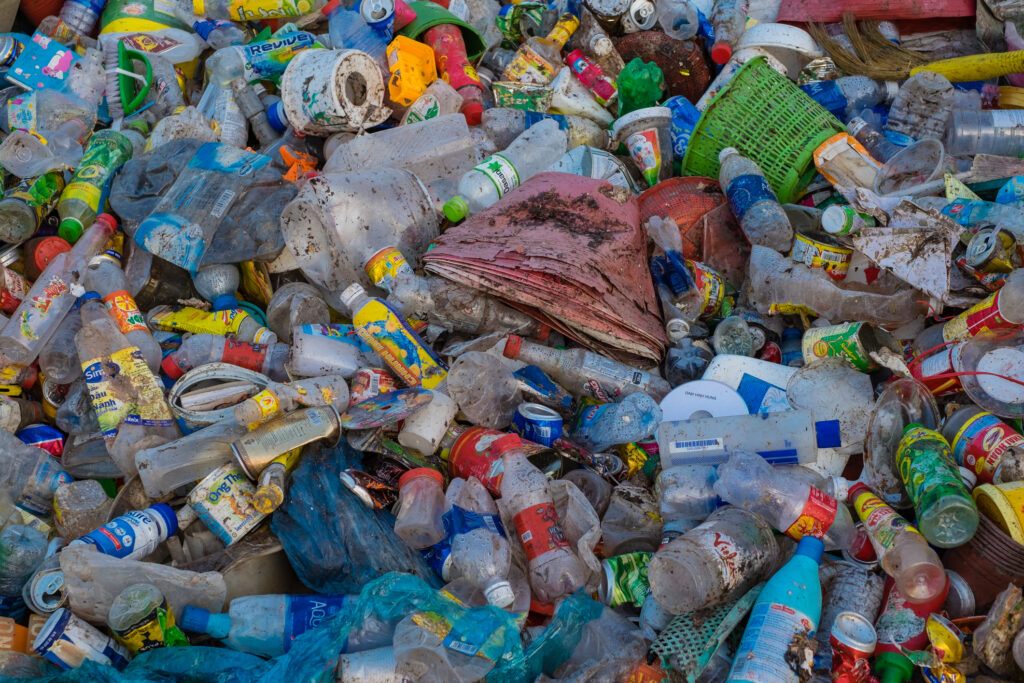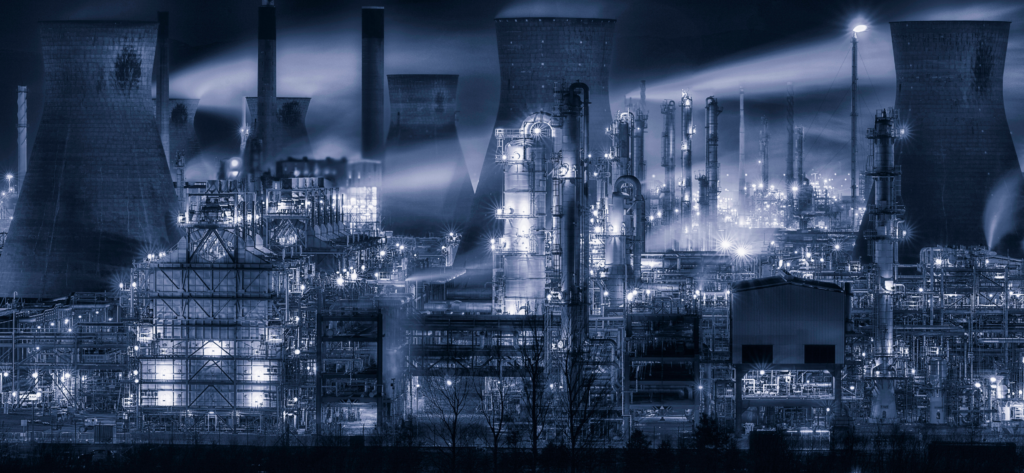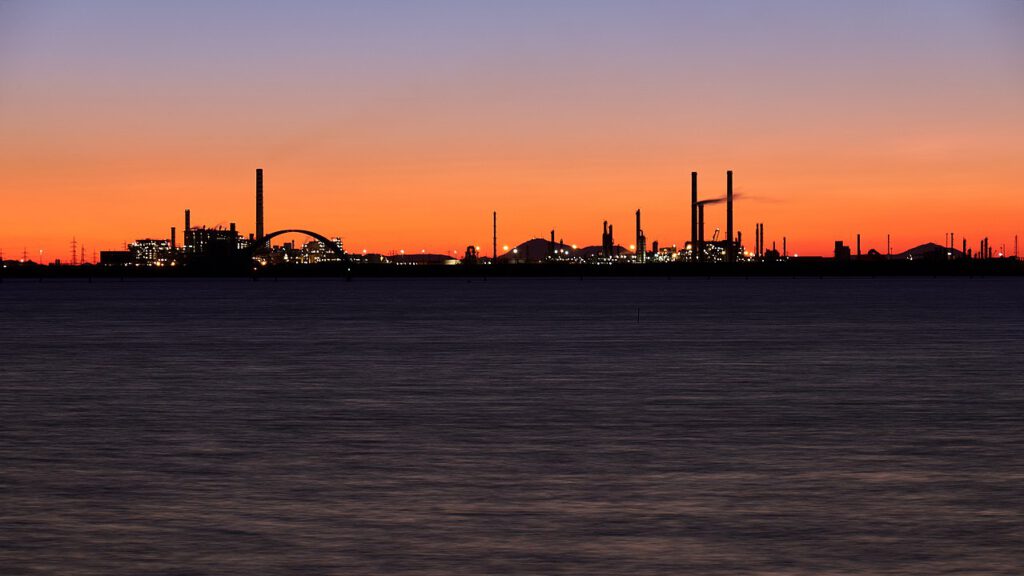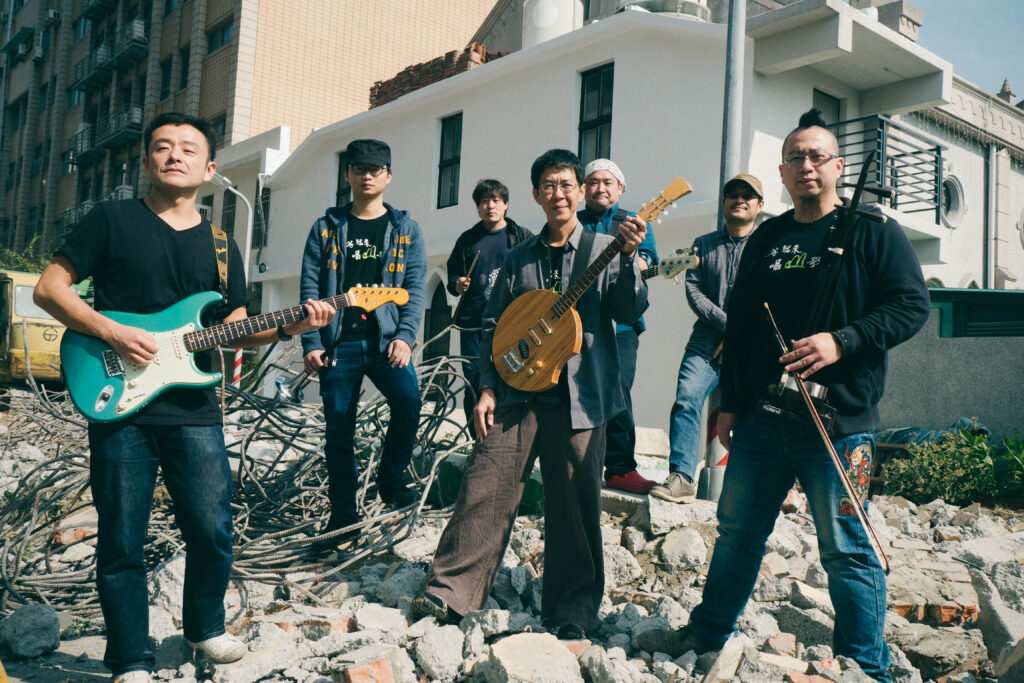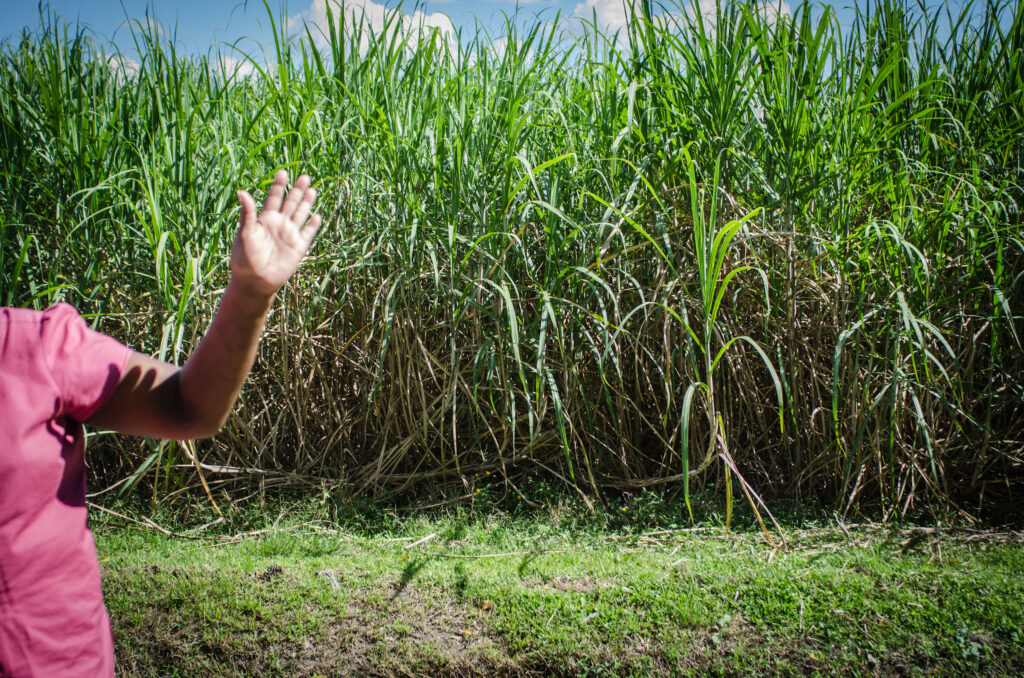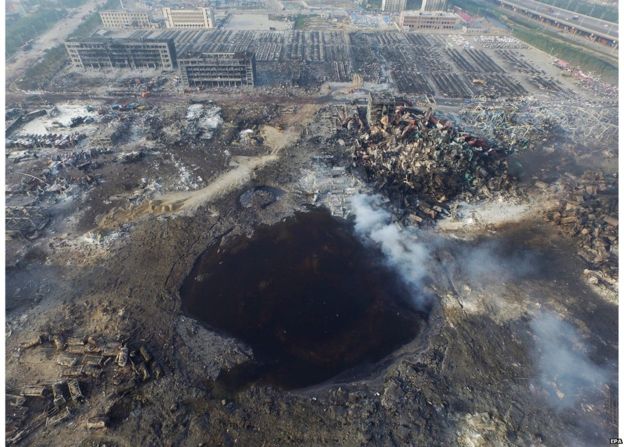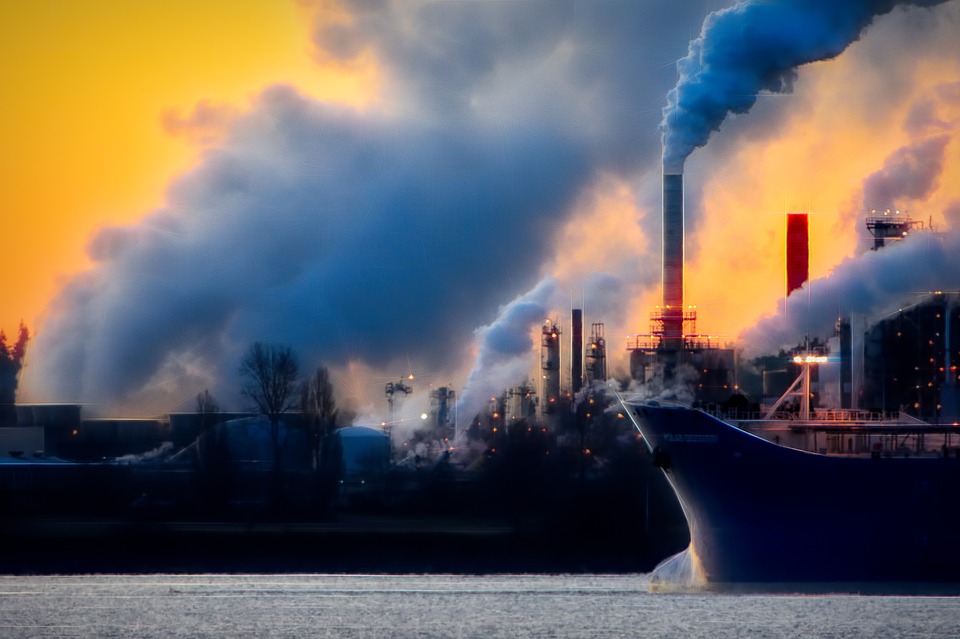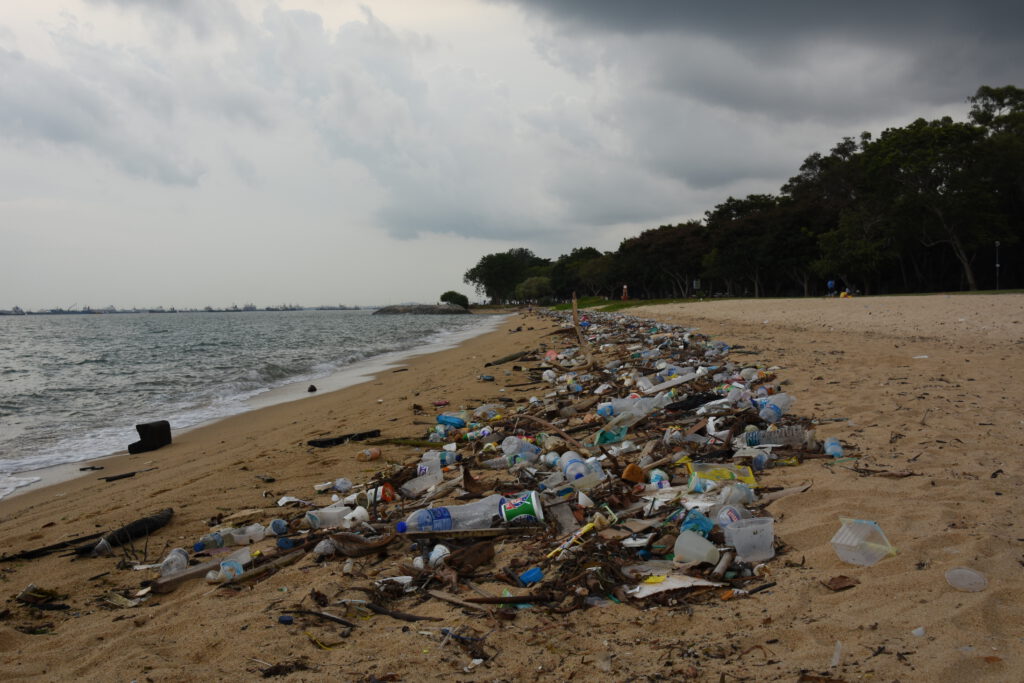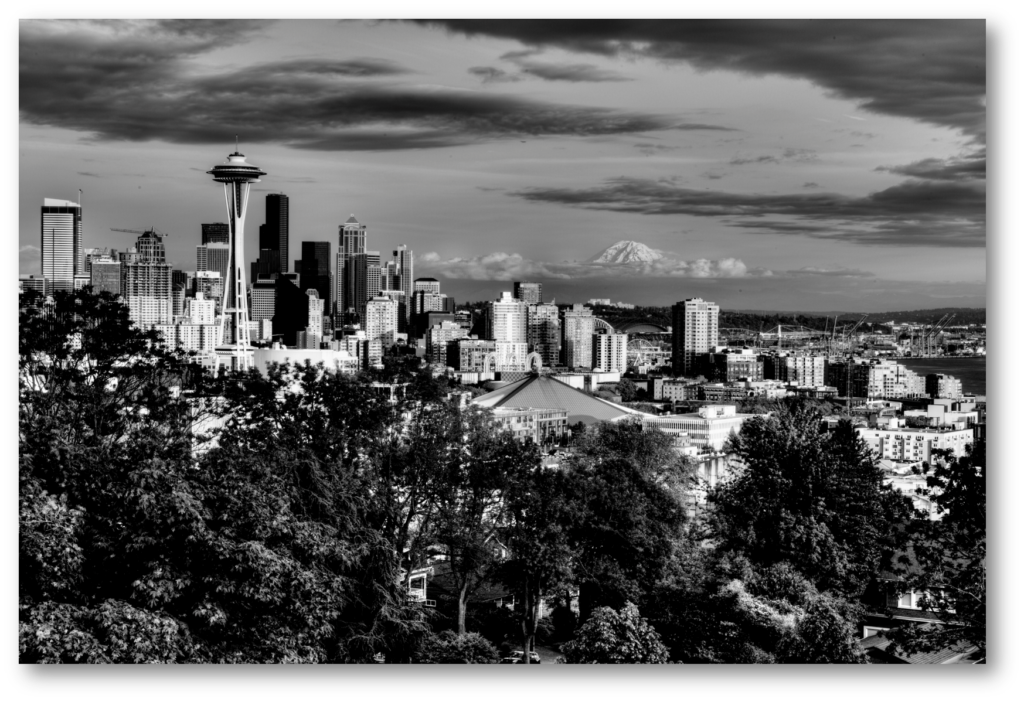Places of decision and flows of power: Disentangling petrochemical corporate networks
Dr Thomas Verbeek, University of Warwick @thverbeek In our contemporary globalized economy, it is increasingly complex to disentangle the relationships between different places, different companies and different products. Through global production networks, globally operating conglomerates, global elite networks as well as through all kinds of inter-firm alliances such as joint ventures and license agreements, different […]
